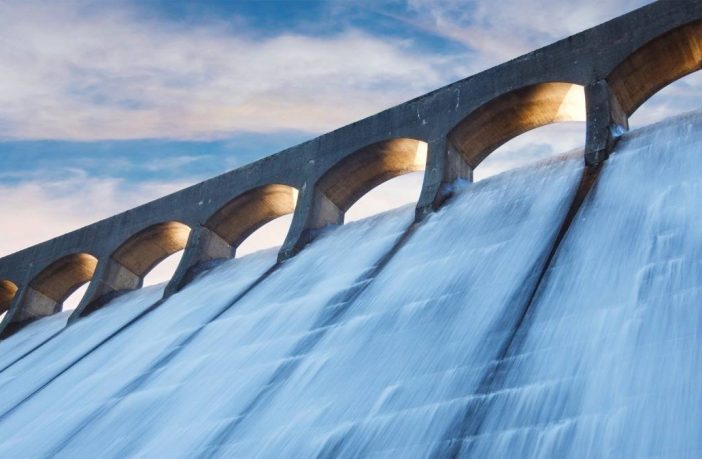- InfraCo Africa, part of the Private Infrastructure Development Group (PIDG), has signed an agreement with lead developer Joule Africa to provide $6 million of funding to the 143MW Bumbuna Hydro II initiative in Sierra Leone.
- The funding forms part of a package involving the private sector and development finance institutions designed to ensure that Bumbuna Hydro II can go the “last mile,” reaching construction and operations to deliver year-round, renewable baseload power in Sierra Leone.
- Bumbuna Hydro II is expected to begin construction in 2021.
Expanding about the role of the financier in the project developemnt, InfraCo Africa’s CEO, Gilles Vaes said, “As part of the PIDG, InfraCo Africa is uniquely positioned to be nimble and flexible, providing timely development capital and expertise at any point in the lifecycle of a project.
“Often we are needed in the early stages to develop a concept or prove a pioneering model but, as in the case of Bumbuna Hydro II, we can also come in at a later stage to help with the critical and final push across the finishing line participating in the project’s steering committee, particularly in these challenging times. Bumbuna Hydro II is expected to have a tremendously positive impact powering sustainable economic development in Sierra Leone.”
Bumbuna Hydro II project
The ambitious project is being delivered by experienced renewables developer, Joule Africa, through local project company, Seli Hydropower.
Located on the Upper Seli River, 230km north east of Sierra Leone’s capital, Freetown, the Bumbuna Hydro II project will enable distribution of significant additional power to the national grid.
Consumers will benefit from increased reliability of power and will also see cost savings via affordable tariffs and reduced reliance on expensive, polluting diesel back-up generation.
Paul Kunert, CEO of Joule Africa, added: “InfraCo Africa’s commitment to Bumbuna Hydro II and Joule Africa comes at a crucial stage for us as we enter the last lap in the development of the Project. With InfraCo Africa’s commitment and a respected equity partner shortly to come in, we now have the funding in place to reach financial close next year. We’ve been working with PIDG over a number of years and we’re delighted to be able to expand that relationship with InfraCo Africa today.”
According to InfraCo Africa, Bumbuna Hydro II exemplifies the capacity of the wider PIDG to engage with and support projects from concept to commercial reality. PIDG’s Technical Assistance (PIDG TA) supported the project’s early development via returnable and technical assistance grants to fund an embedded advisor to the GoSL.
The involvement of PIDG company, the Emerging Africa Infrastructure Fund (EAIF), has also been central to enabling the project to progress to this stage
Author: Babalwa Bungane
Babalwa Bungane is a content creator/editor for ESI Africa – Clarion Events Africa. Babalwa has been writing for the publication for five years. She has a great interest in social media due to its advantage of disseminating content.
This article was originally published on ESI Africa and is republished with permission with minor editorial changes.
















